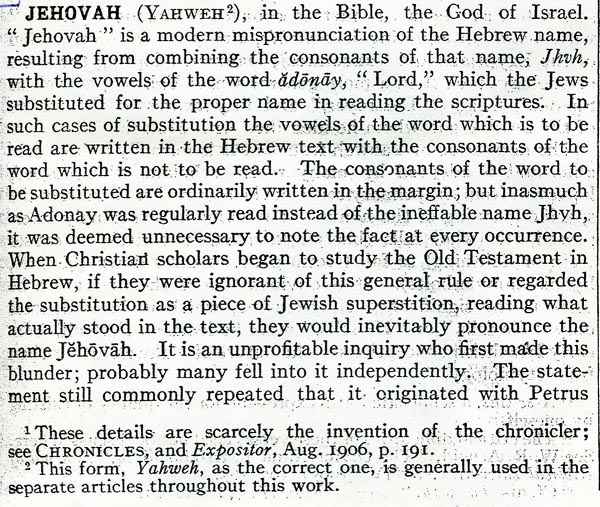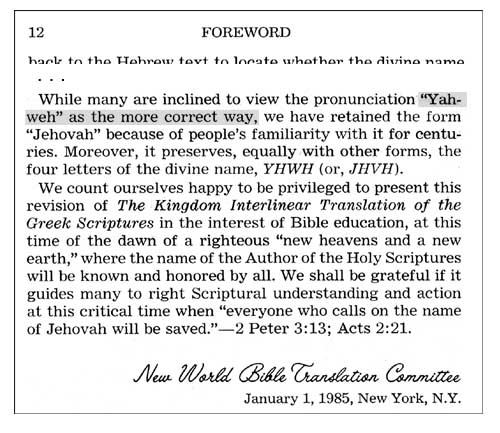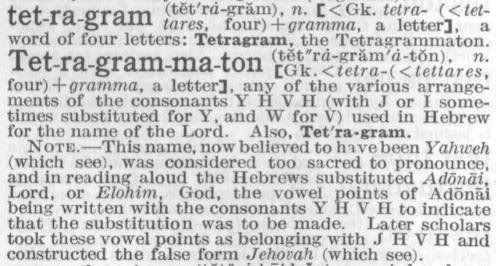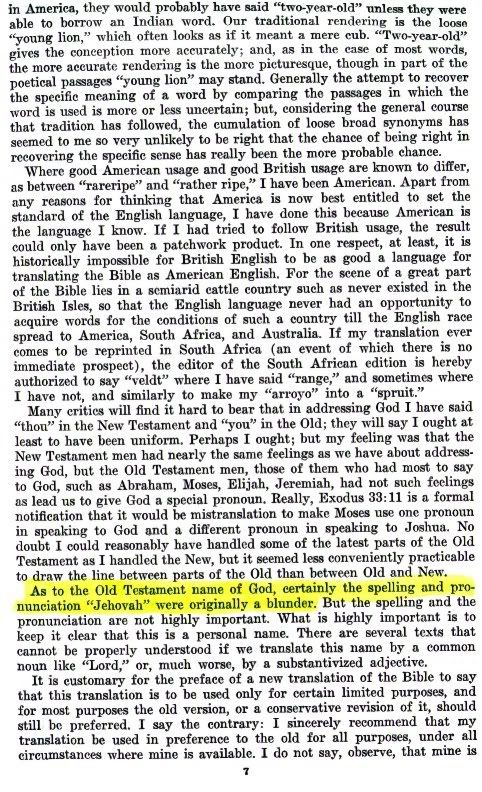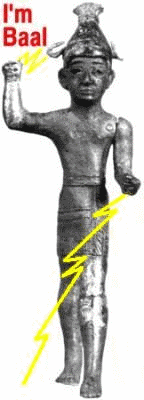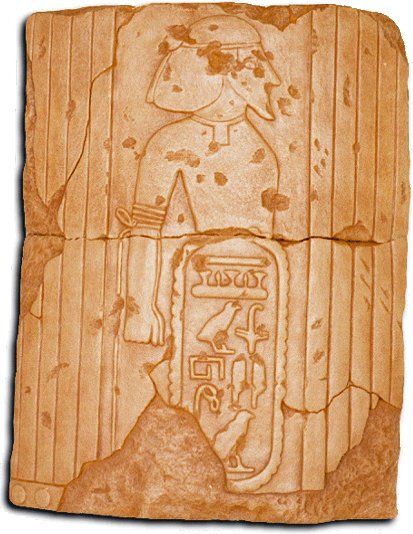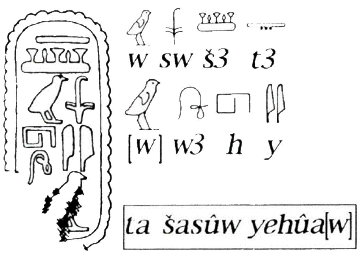





 |
4Torah.com Search from Pre-Approved Torah sites only |
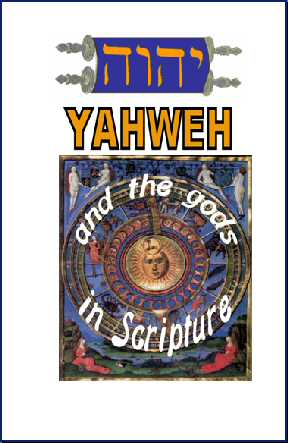
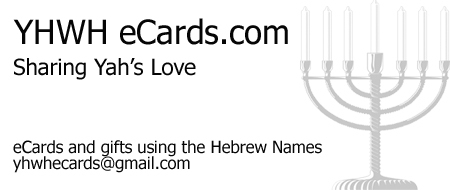
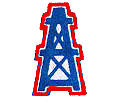
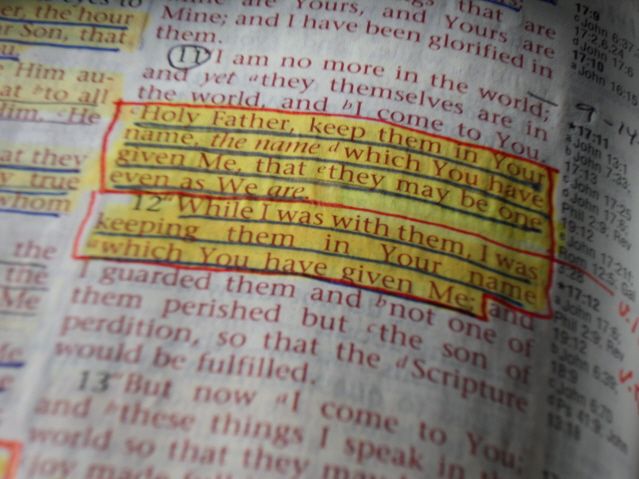
 English translators choose to substitute LORD.
English translators choose to substitute LORD. Greek translators usually choose to substitute Kyrios.
Greek translators usually choose to substitute Kyrios. Latin translators choose to substitute Deus.
Latin translators choose to substitute Deus. German translators choose to substitute Herr, the same title given to Hitler.
German translators choose to substitute Herr, the same title given to Hitler. Ad infinitum.
Ad infinitum. The Dead Sea Scrolls, some of which date to 100 B.C.E., contain the Name YHWH, just as modern Hebrew Scriptures do.
The Dead Sea Scrolls, some of which date to 100 B.C.E., contain the Name YHWH, just as modern Hebrew Scriptures do. A recently found papyrus roll of the Septuagint Version is dated in the 2nd or 1st century B.C.E.
A recently found papyrus roll of the Septuagint Version is dated in the 2nd or 1st century B.C.E. In addition, fragmentary text of the Minor Prophets (of the Bible) found in a cave in 1961 in Wadi Nahal Hever, Israel are dated at 50 B.C.E. to 50 C.E. The report is as follows:
In addition, fragmentary text of the Minor Prophets (of the Bible) found in a cave in 1961 in Wadi Nahal Hever, Israel are dated at 50 B.C.E. to 50 C.E. The report is as follows:
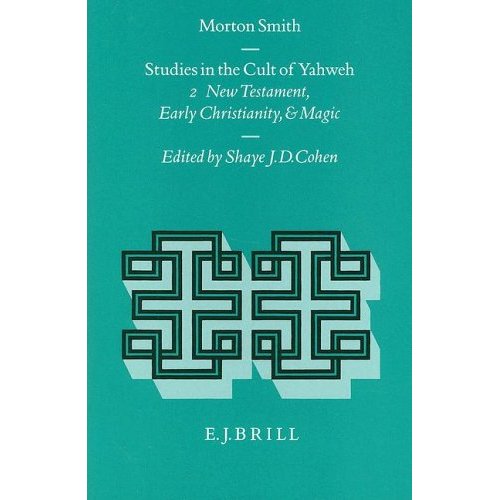
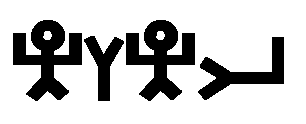
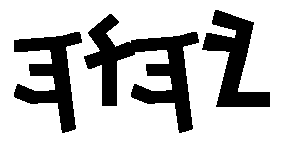
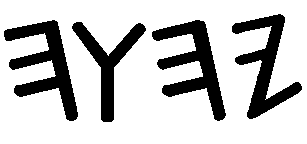




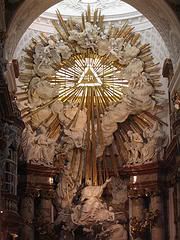
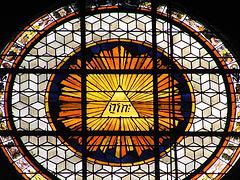

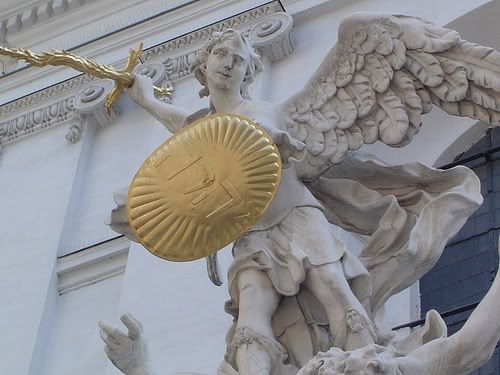
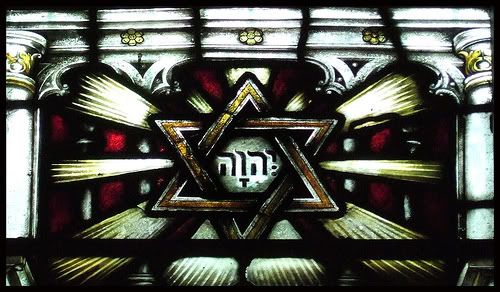
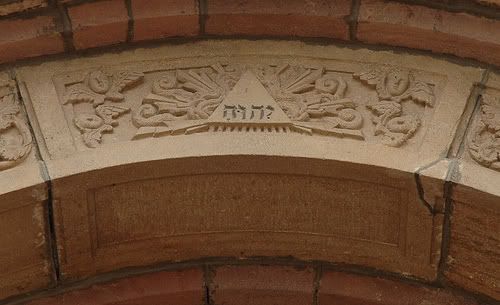

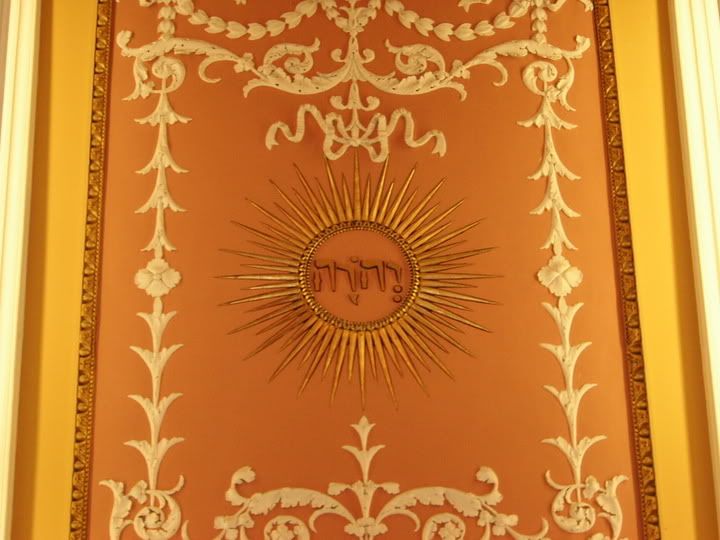

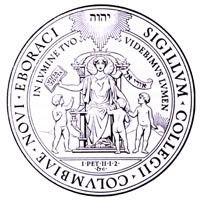 oooo
oooo oooo
oooo
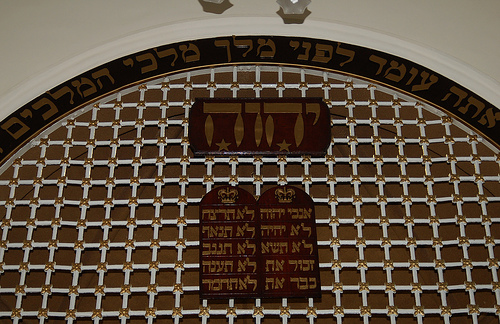
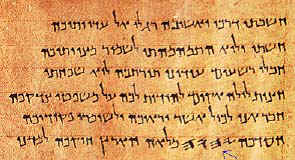

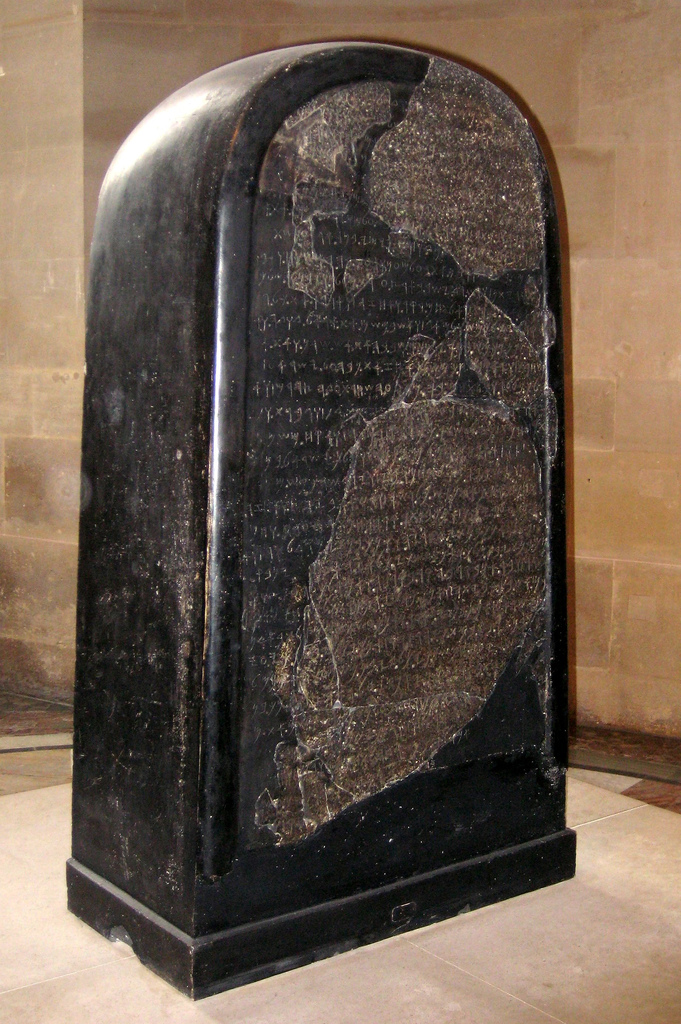



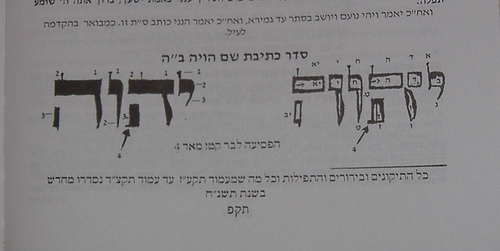

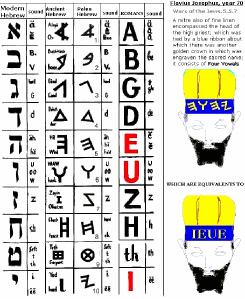


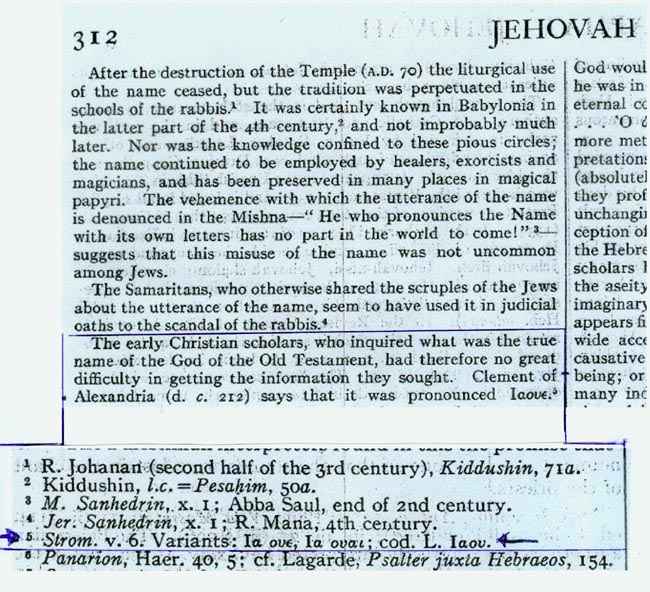
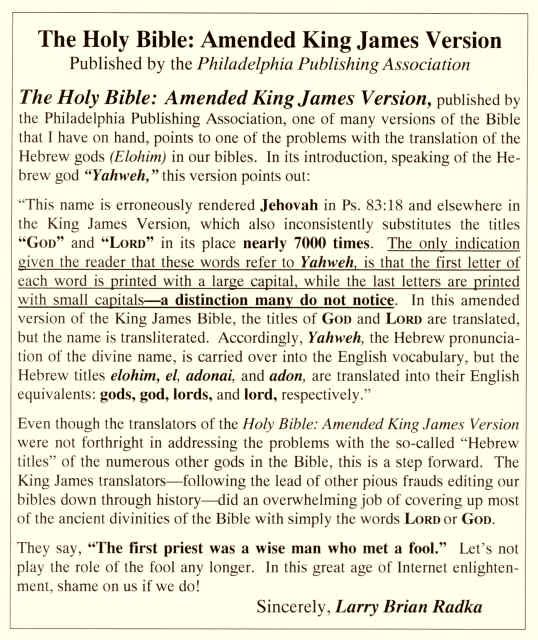
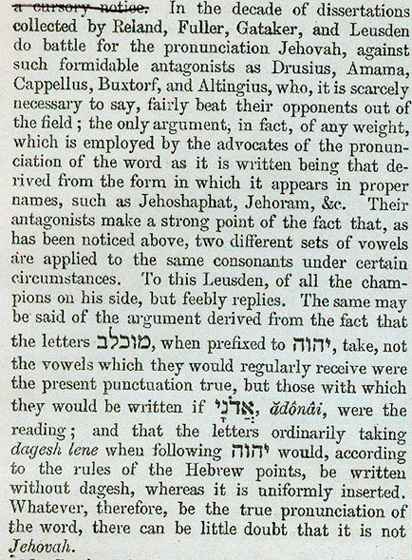
 ), read right to left, the letters are: Yod-Hay-Waw-Hay). Also word #3069 on this same page shows the same tetragrammaton with different vowel points: a var. of 3068 [used after 136, and pronounced by Jews as 430, in order to prevent the repetition of the same sound, since they eleswhere pronounce 3068 as 136]. The Jews would not say YAHWEH, instead they say [136] ADONAI; (my) Lord (see page 8 of the Hebrew and Chaldee Dictionary in the back of the Strong's). -- Strong's Exhaustive Concordance of The Bible, ISBN 0-8507-6750-1.
), read right to left, the letters are: Yod-Hay-Waw-Hay). Also word #3069 on this same page shows the same tetragrammaton with different vowel points: a var. of 3068 [used after 136, and pronounced by Jews as 430, in order to prevent the repetition of the same sound, since they eleswhere pronounce 3068 as 136]. The Jews would not say YAHWEH, instead they say [136] ADONAI; (my) Lord (see page 8 of the Hebrew and Chaldee Dictionary in the back of the Strong's). -- Strong's Exhaustive Concordance of The Bible, ISBN 0-8507-6750-1. ) occurred in the sacred text, they were accustomed to substitue for it ADONAI (LORD), and thus the vowels of the noun ADONAI are in the Masoretic text placed under the four letters
) occurred in the sacred text, they were accustomed to substitue for it ADONAI (LORD), and thus the vowels of the noun ADONAI are in the Masoretic text placed under the four letters  , but with this difference, that the initial Yod receives a simple and not a compound Sh'va." (Page 337, Gesenius' Hebrew-Chaldee Lexicon to the Old Testament[ISBN 0-8010-3736-0])
, but with this difference, that the initial Yod receives a simple and not a compound Sh'va." (Page 337, Gesenius' Hebrew-Chaldee Lexicon to the Old Testament[ISBN 0-8010-3736-0]) is YAHWEH.
5) Unger's
Page 1375 of The New Unger's Bible Dictionary (ISBN 0-8024-9037-9) shows that: YAHWEH is The Heb. tetragrammaton (
is YAHWEH.
5) Unger's
Page 1375 of The New Unger's Bible Dictionary (ISBN 0-8024-9037-9) shows that: YAHWEH is The Heb. tetragrammaton ( ) traditionally pronounced Jehovah, is now known to be correctly vocalized Yahweh.
) traditionally pronounced Jehovah, is now known to be correctly vocalized Yahweh.